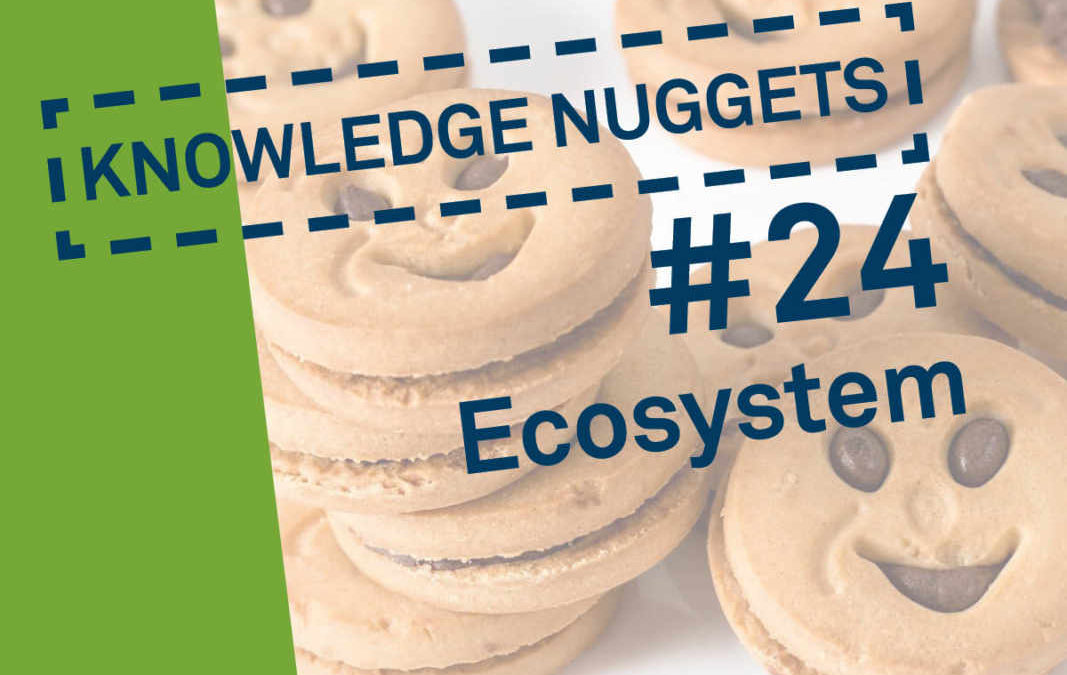The term ecosystem comes from the natural sciences and describes a community of different organisms in interaction and their environment or habitat. In the recent past, however, the term has also been widely used in business. In the sense of an innovation ecosystem, one speaks of a spatially limited association in which various actors, initiatives and institutions network with each other in order to jointly drive innovations forward.
The science location Dortmund is a good example of an innovation ecosystem. Here, numerous initiatives, projects, institutes, companies and TU Dortmund University chairs work on innovations around the topics of digitization and logistics. From initial scientific impulses to application-oriented research to the use of new concepts, technologies and business models in practice, everything takes place centrally in the Dortmund Technology Center. Different departments and perspectives work together to create innovation.
The umbrella of these “organisms” is the grand guiding vision of the Silicon Economy – the platform economy of the future. With this vision, the concept of innovation ecosystems is also evolving. A “spatially limited association” becomes a digital network or digital ecosystem. Actors come together on platforms and network. Data is exchanged and processed in real time (Big Data, data mining). In addition to people, IoT devices (Internet of Things), robots, autonomous technologies (machine learning) and artificial intelligence are also part of the ecosystem’s organisms. Contracts and payment processes are handled automatically via smart contracts and blockchain.
Natural science disagrees on whether ecosystems actually exist or are defined by humans. In the case of innovation ecosystems and digital ecosystems, it is up to the individual actors to define themselves as an ecosystem. So here we are talking about a conscious decision. The future is then shaped together on the basis of open innovation and open source.
